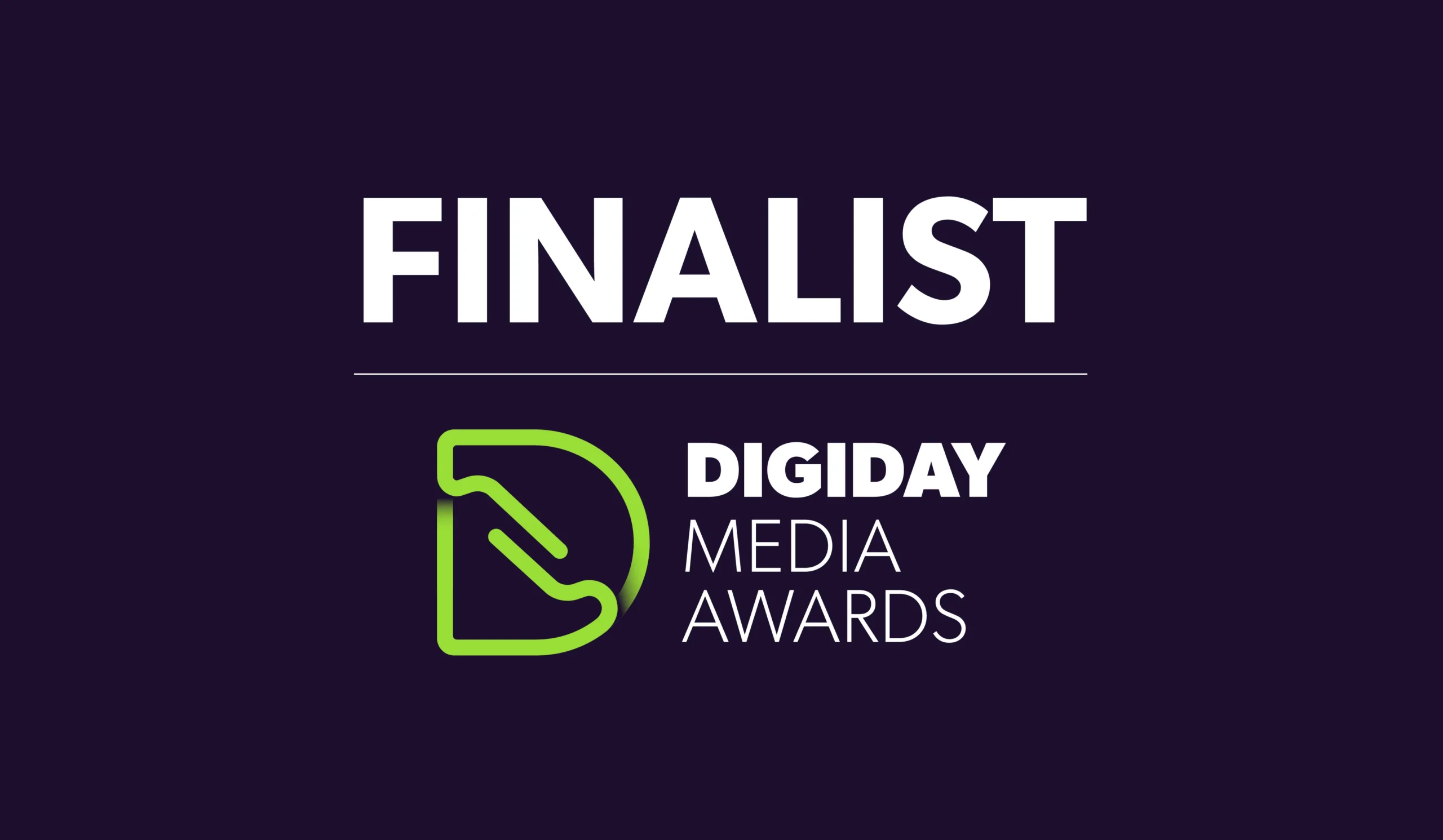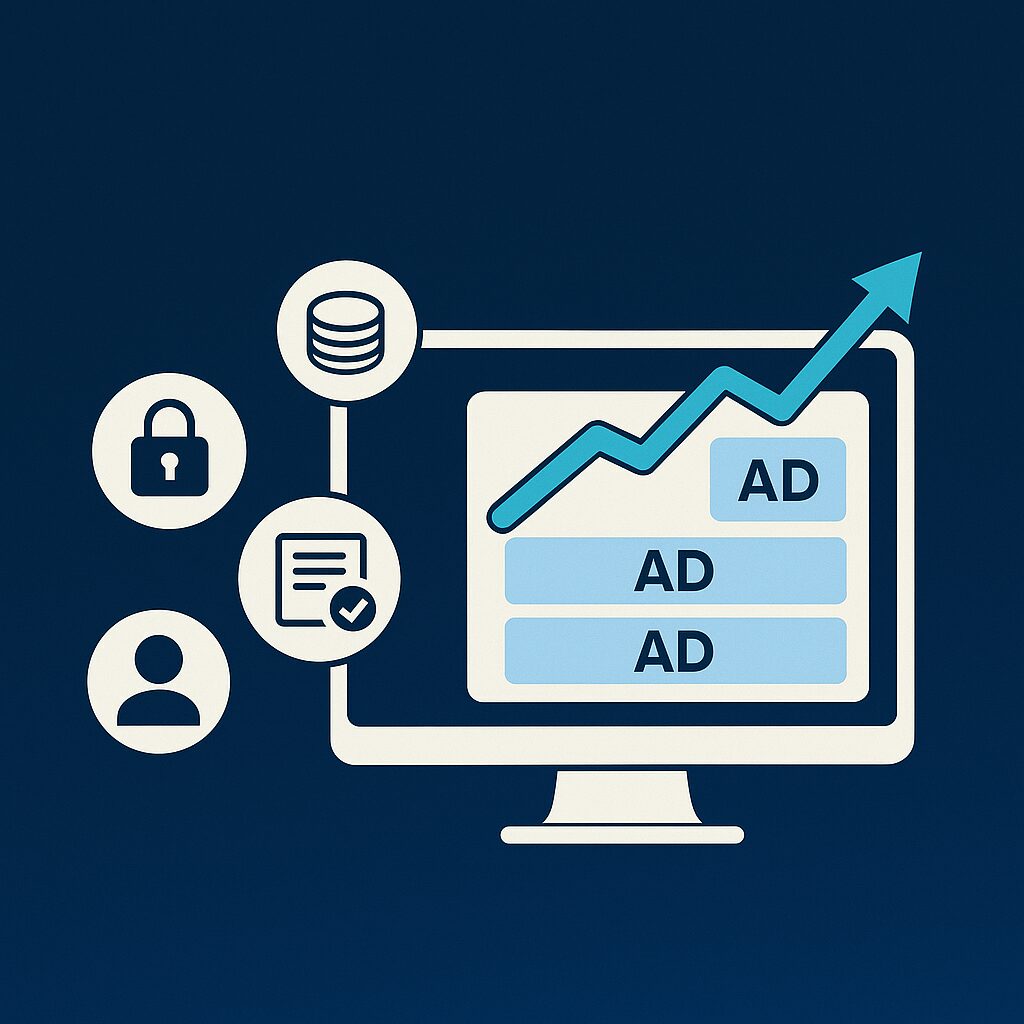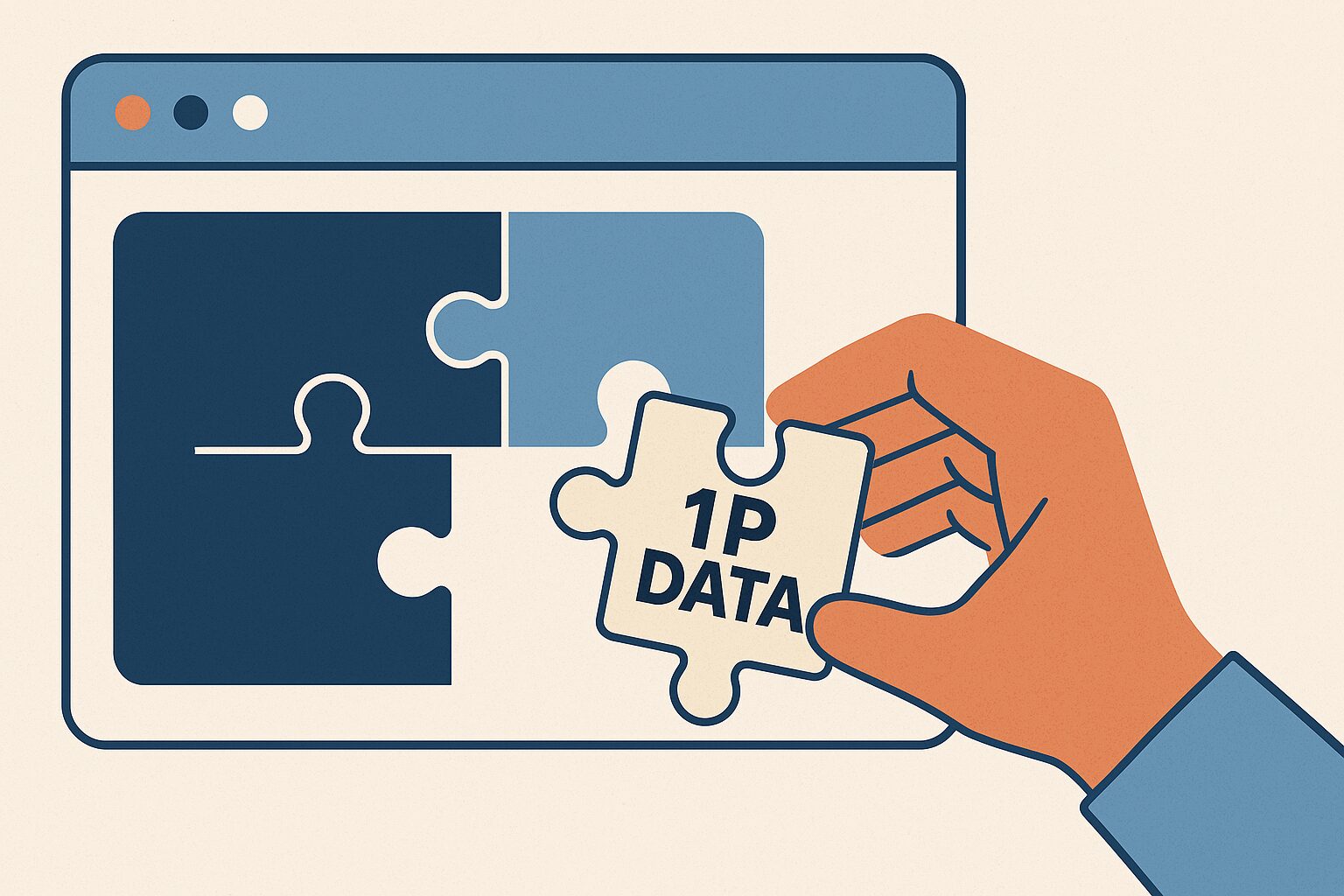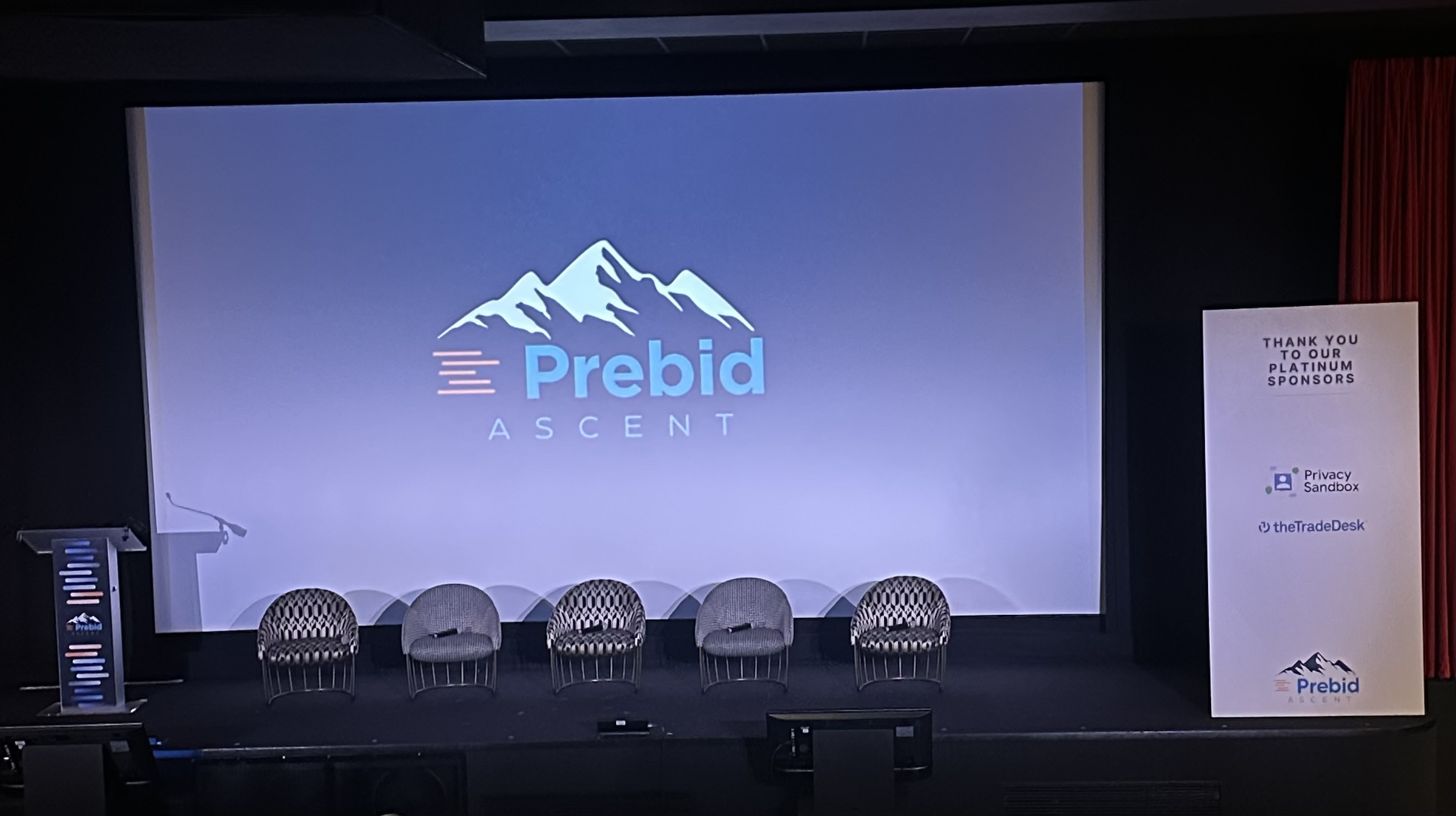As data regulation and consumer awareness increase, businesses must prioritize data privacy and consent choices. General Data Protection Regulation (GDPR) and California Consumer Privacy Act (CCPA) require organizations to obtain explicit user consent. In order to manage user consent effectively, publishers need consent management platforms (CMPs). These platforms track and manage user consent, allowing users to control their data preferences.
Here are some stats and facts related to CMPs in 2023 and beyond:
- The global consent management market size has grown considerably since 2020. According to Allied Market Research, it is estimated that the market will increase to $2,271.1 million by 2030.
- The European region has the highest percentage of investment in consent management platform providers.
- The Digital Advertising Alliance (DAA) has created the CMP Complement. This provides privacy controls through CMPs and the AdChoices program.
This post will explore CMPs. We will look at how they work, answer frequently asked questions, and list the top CMPs in the market.
What is a Consent Management Platform?
A consent management platform (CMP) is an application that collects and handles personal information in a GDPR-compliant manner. It allows publishers to track and respond to user consent preferences and requests. Most CMPs operate based on the IAB’s transparency and consent framework and ensure compliance with GDPR and CCPA.
How Does a Consent Management Platform Work?
A CMP should support the entire lifecycle of a website user, from recording their consent to handling data access requests. There are three key functional parts of a CMP to meet consent requirements:
Collection of User Consent
- From the first interaction, inform users about data collection. Provide users with the option to either opt in or opt-out. A frequently utilized method for obtaining consent is through a pop-up box.
Recordkeeping of Consent
- Once user consent is collected, the data is collected and processed. CMPs typically provide an admin panel for website owners to review the database of recorded consent. Compliance with GDPR requires maintaining specific details within the regulation.
Processing User Requests
- Under GDPR, consent is not permanent, and users can withdraw their consent at any time. It is important for CMPs to give users control over their data. They should be able to adjust their preferences, correct or delete their information, and request access to their data.
Criteria for Choosing the Best Consent Management Platforms
There are several things to consider when evaluating CMPs.
Ease of Use
- CMPs should be easy to implement and use for both businesses and end-users. Intuitive interfaces and customization options are desirable.
Integration with Other Tools
- CMPs should seamlessly integrate with other tools and platforms, such as website builders, CMSs, and marketing automation tools.
Pricing
- Look for transparent pricing plans without any hidden fees, along with pricing models and flexibility.
Customer Support
- Strong customer support is crucial for privacy-related matters. Adapex recommends CMPs that offer live chat, phone, and email support.
Compliance with Data Privacy Regulations
- CMPs should comply with GDPR, CCPA, and other data privacy laws and regulations to ensure legal compliance.
Google Certified CMPs
- Publishers and developers using Google AdSense, Ad Manager, or AdMob must use a Consent Management Platform (CMP) certified by Google. This CMP must have integrated with the IAB’s Transparency and Consent Framework (TCF). Google requires this when serving ads to users in the European Economic Area or the UK. Here is a list of Google Certified CMPs.
Points to Ensure CMP Effectiveness
To ensure CMPs operate as expected, consider the following:
- Review Ad Tech Partners: Understand how ad tech partners manage data privacy practices.
- Conduct Data Collection Testing: Regularly test for unconsented data collection and ensure compliance.
- Perform Audits: Regular audits help prevent noncompliant retargeting and ensure adherence to
The Importance of a Consent Management Platform
In conclusion, in today’s data-driven and privacy-conscious era, businesses must prioritize data privacy and user consent. CMP tools offer essential resources for monitoring, handling, and honoring user choices while complying with laws such as GDPR and CCPA.
CMPs enable businesses to collect, record, and process user consent, ensuring individuals have control over their data. Choosing the right CMP involves considering ease of use, integration, pricing, support, and compliance. By adopting a reliable CMP and following best practices, businesses can protect privacy, build trust, and navigate privacy regulations effectively. Adapex is always here to help and can guide you to the CMP this is right for you.













